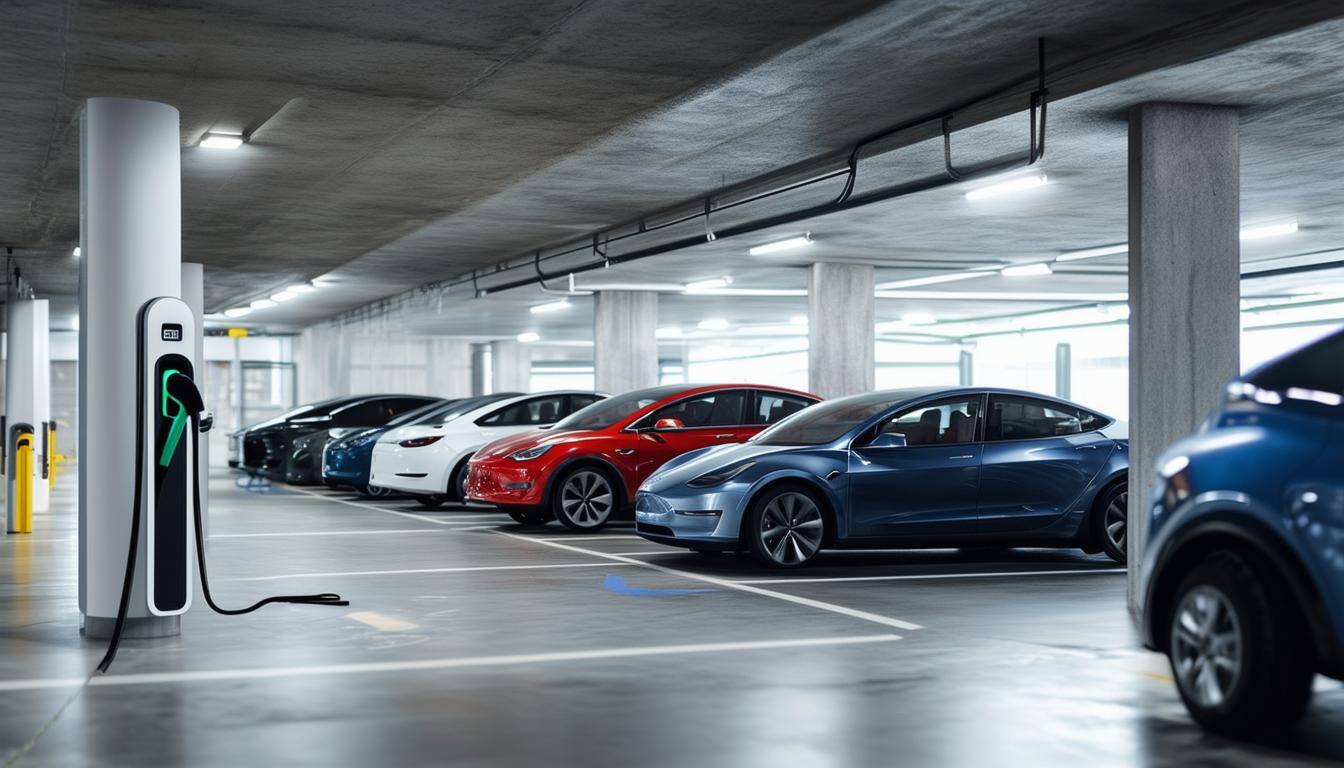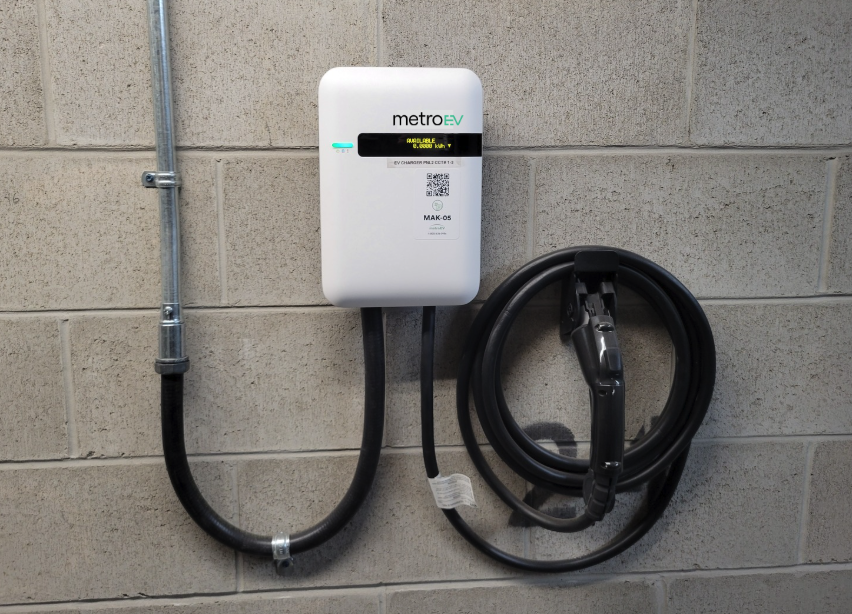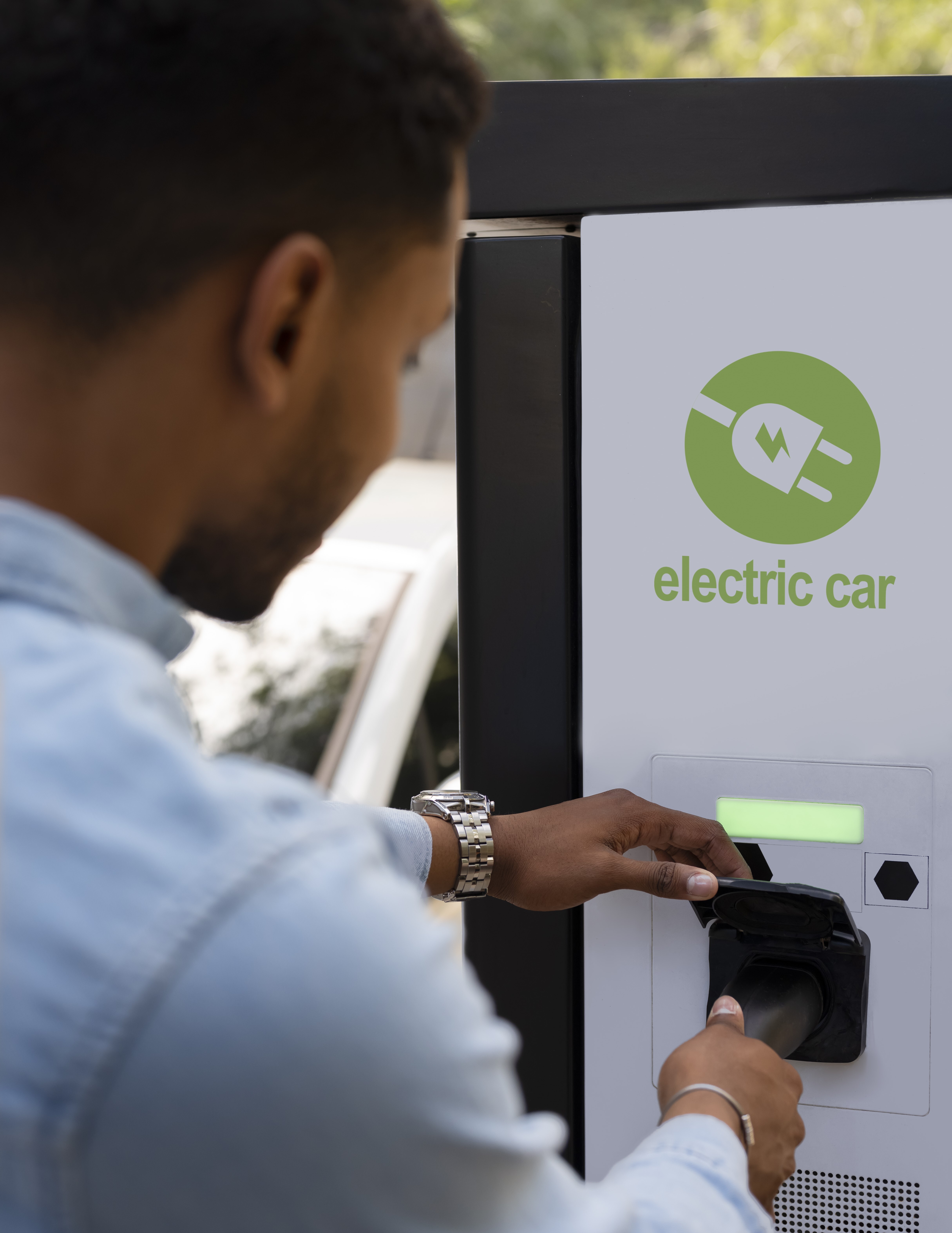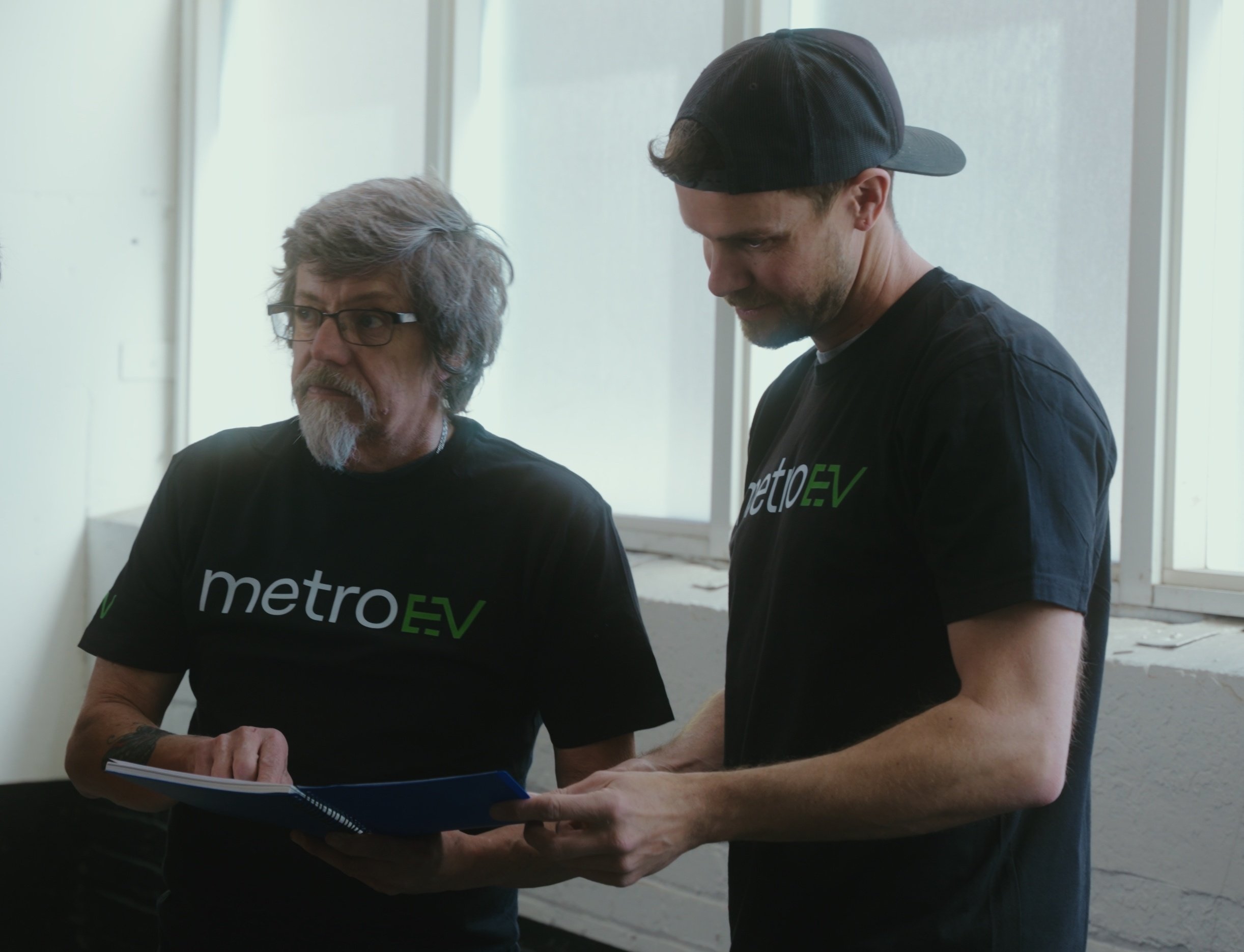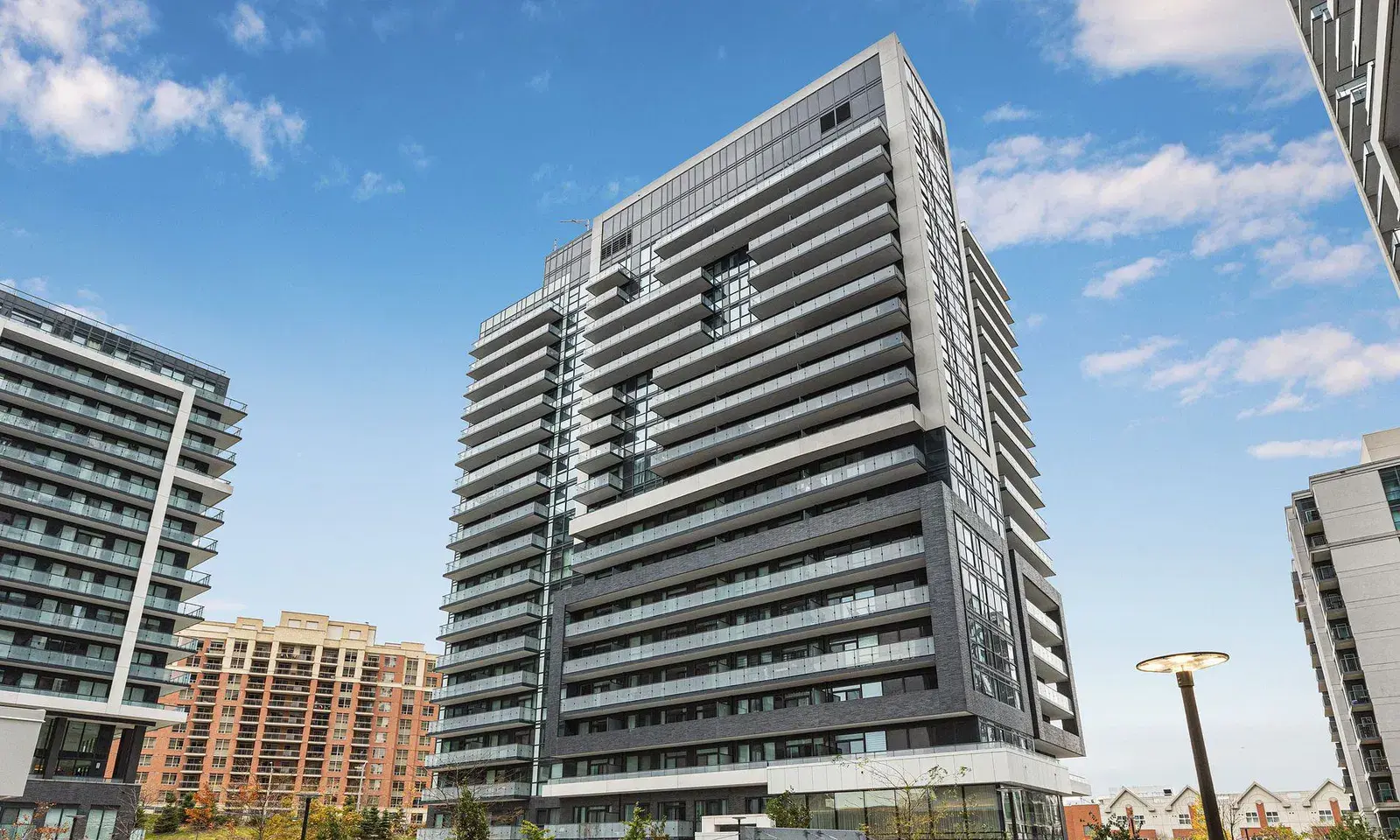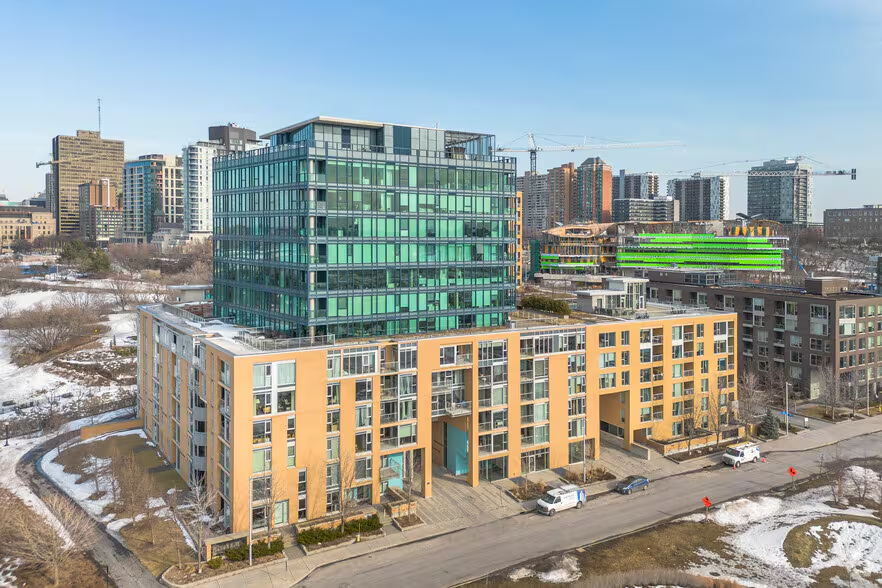Installing EV chargers in a condo building requires planning, approvals, and the right team. Whether you're starting small or planning for future expansion, this EV charger installation checklist walks you through every phase of the project timeline, how long each step typically takes, and what to expect—from your first consultation to full activation.
EV Charger Installation Checklist Overview

Click on a step below to learn more:
Initial Consultation: 1-2 Weeks
Your EV charger installation checklist starts with a discovery meeting between the condo board (or property manager) and the EV charging provider. This is where you and the vendor gather information on your building’s need for condo EV charging solutions—whether you want a few chargers or a full future-proof system. We also discuss how ownership will work (private or shared EV chargers) and go over the preliminary feasibility.
It’s also a good time to explore available incentives such as rebates from provincial programs like the BC Hydro EV charger rebate and Alberta EV charger rebate.
Learn more about EV chargers:
Understanding The Different EV Chargers Types
Importance of Implementing Scalable EV Charging Infrastructure
Site Visit & Assessment: 1–3 Weeks
The next step in your EV charger installation checklist involves a physical walkthrough of the property, ideally with 2–3 vendors. Vendors assess your electrical room, parking garage layout, Wi-Fi signal, conduit pathways, and signage needs. This visit helps vendors determine capacity and complexity. A comprehensive site assessment ensures proposals will be accurate and customized.
If your condo parking garage is underground, network connectivity might be unstable. To ensure reliable charging, you will need to install an EV charger wi-fi so your chargers can stay online at all times.
Learn more about EV charger planning:
EV Charging for Property Managers: 4 Key Considerations
6 Factors to Consider When Planning Your EV Charging Infrastructure For Condos
EV Charger Load: Why You Need a Load Evaluation Before Installing EV Chargers
Proposal & Budgeting: 1-2 Weeks
After the site visit, vendors submit proposals outlining their solution, equipment, pricing, timelines, and any upgrades required to complete your EV charger project. Condo boards compare pricing, shared vs. individual charger models, and potential future EV infrastructure expansion options.
Budgeting for your condo EV charger installation includes:
-
Load management system
-
Smart charger hardware
-
Software integration
-
Rebate eligibility
Learn more about EV charging costs:
How an EV Power Management Device Can Save Energy and Money
Understanding EV Charging Costs: A Breakdown
Choose Vendor: 2-3 Weeks
Once the board has reviewed 2–3 proposals, you’ll select the preferred vendor. This may require internal meetings or votes. Choosing a turnkey provider who handles everything—from engineering to permitting to long-term support—will save time and provide long-term value for your EV charger installation project.
Explore our EV charging solutions:
What Is The Best EV Charging Solution For Your Condo Building?
Owner Information Session: 1 Week to Schedule
With the vendor selected, an information session is scheduled to inform owners. This session (online or in-person) gives residents the opportunity to ask questions, understand pricing, and learn how they can participate. It’s also key for building support and interest for your EV charger project, especially in buildings where installation costs are partially owner-funded.
Owner Sign-Ups: 2-4 Weeks
Residents express interest, complete application forms, and submit payments (if applicable). The number of sign-ups helps finalize how many chargers will be installed in Phase 1 and helps define the scale of the EV charger project. In some cases, sign-ups influence infrastructure sizing for future expansion.
Engineering Review & Drawings: 1 Week
A licensed electrical engineer now performs detailed load calculations and prepares technical drawings, such as the single-line diagram (SLD). These drawings are essential for electrical permits, utility approvals, and ensuring compliance with local safety codes.
Infrastructure Installation: 2-4 Weeks
This step in the EV charger installation checklist involves installing:
-
Breaker panels
-
Conduit runs
-
Wi-Fi boosters
-
Load management systems
Even if only a few residents are getting chargers initially, scaling for future demand ensures your EV charger project remains cost-effective long term.
Charger Installation (Last Mile): ~2-4 Chargers per Day
After infrastructure is in place, the vendor installs chargers in the designated parking spots. This is the most visible phase of your EV charger project—chargers are mounted, networked, tested, and labeled. Depending on parking lot access, we typically install 2–4 chargers per day.
Software Setup & Onboarding: 1 Week
EV charging software is configured for user access, billing, energy monitoring, and security. Your EV charging solutions provider should provide full onboarding for residents and property managers, including training on how to add users, change rates, and monitor usage, enabling smooth operation and management of your EV charger project.
Support & Maintenance: Ongoing
With everything installed, your vendor should provide long-term support, including 24/7 monitoring, system diagnostics, remote resets, and repair dispatch. EV charger maintenance contracts ensure the system stays reliable and expandable as more residents request chargers.
How Long Does It Take to Install EV Chargers in a Condo?
The full process—from consultation to activation—typically takes 10 to 16 weeks.
Factors like building size, vendor responsiveness, and resident participation can affect the overall timeline. While some EV charger projects move quickly, others may take a bit longer—especially if additional board approvals or funding applications are needed.
Need help with your EV charging project?
We’ve helped condo boards across Canada successfully complete EV charger projects, whether retrofitting a 40-year-old structure or designing EV readiness in new developments.
With metroEV, you get a single point of contact for:
- Engineering and permitting
- Rebates and funding applications
- Smart charger selection
- Load management design
- End-to-end installation and support
Contact metroEV to book your free consultation and get started on your EV charger project.
Learn more:
Guide to EV Charging Solutions for Ontario Condos and Multi-Unit Residential Buildings
How to Save Money With Smart EV Charging
Rising EV Demand in Canada: Why Are More Canadians Choosing EVs?

AUTHOR
Isaac Klein
Isaac Klein, Vice President at metroEV, leads the development and deployment of small to large-scale EV charging solutions and charger networks across condos, commercial and public properties. With deep expertise in EV technology and sustainable infrastructure, Isaac has shaped metroEV into a go-to partner for future-ready charging solutions. He’s known for turning complex projects into streamlined installations—helping buildings and properties across Canada stay ahead of the EV curve.
.png)
